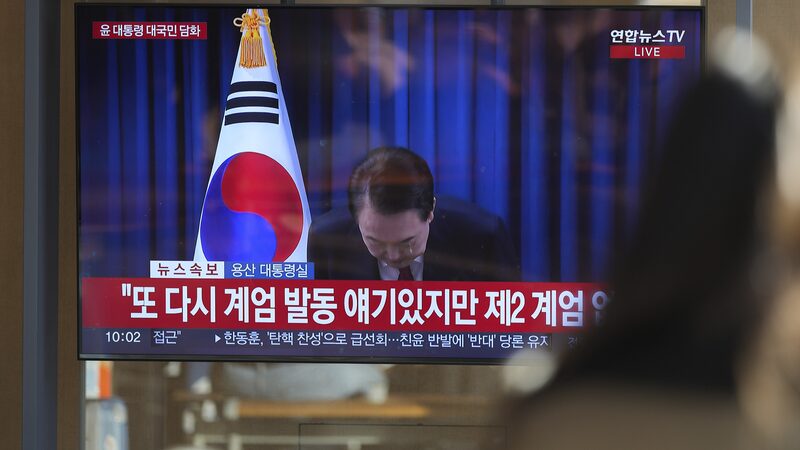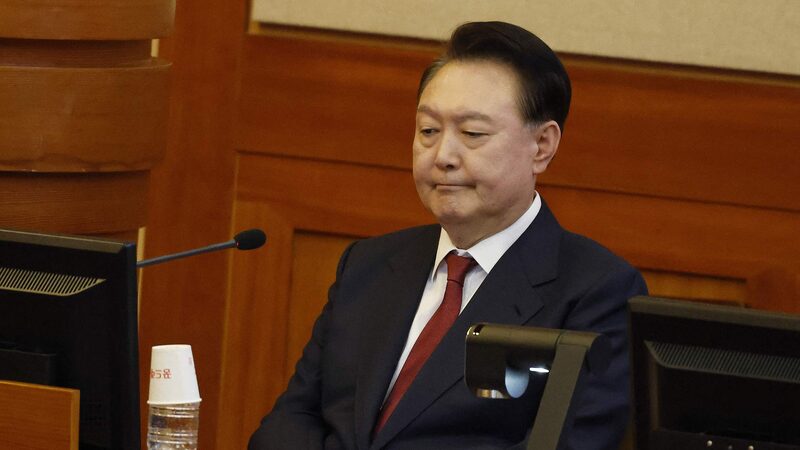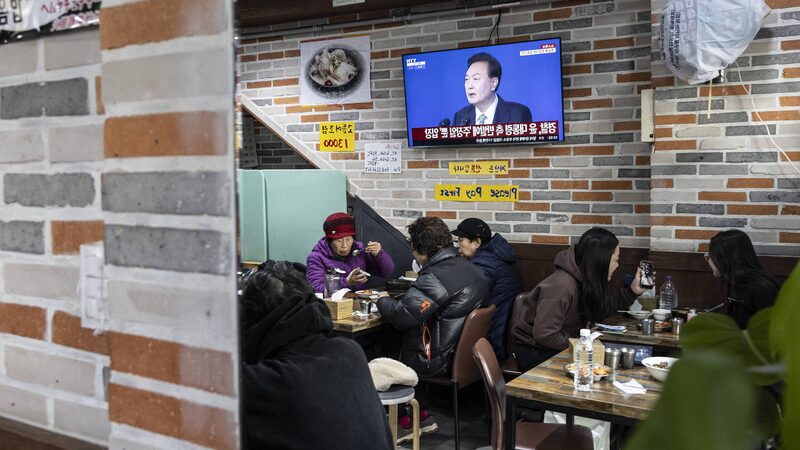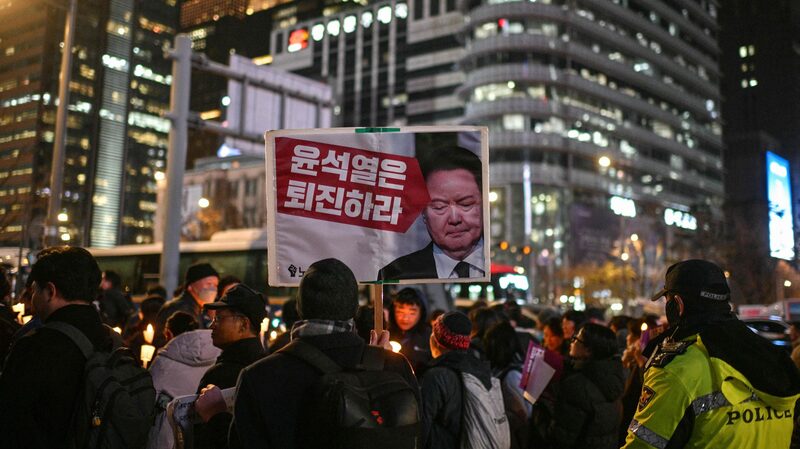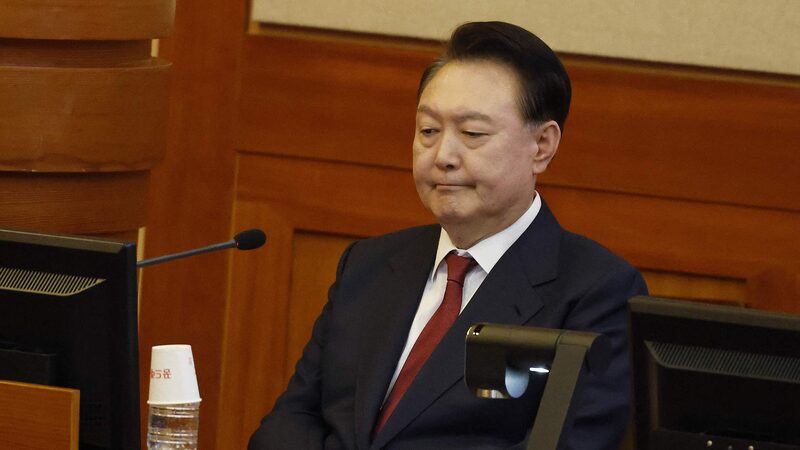In a significant development, South Korea’s opposition parties have resubmitted a bill to appoint a special counsel to investigate the impeached President Yoon Suk-yeol on charges of insurrection. The move intensifies the political turbulence in the nation, as questions about the president’s alleged involvement in attempting to subvert constitutional order continue to dominate the national discourse.
On Thursday, six opposition parties, including the main liberal Democratic Party, proposed the bill to the National Assembly. This action follows the scrapping of the first bill in a revote the previous day, where the majority of the 108 ruling conservative People Power Party members voted against it.
To pass the bill in the revote, at least two-thirds of the 300 National Assembly lawmakers need to vote in favor. The opposition is striving to secure the necessary support to initiate an independent investigation into President Yoon’s alleged actions.
The second bill stipulates that two candidates for independent counsel will be recommended by the Chief Justice of the Supreme Court. Additionally, the number of dispatched prosecutors and investigators and the investigation period will be reduced to 155 and 150 days, respectively, compared to the first bill. These adjustments aim to address concerns raised during the initial proposal and expedite the investigative process.
The impeachment motion against President Yoon was passed in the National Assembly on December 14 last year and was delivered to the Constitutional Court for deliberation for up to 180 days. During this period, President Yoon’s presidential powers are suspended, leaving the country in a state of political uncertainty.
President Yoon was named by investigative agencies as a suspected ringleader on charges of insurrection. He declared martial law on the night of December 3, a move that was swiftly revoked by the National Assembly hours later. The declaration and its subsequent annulment have fueled debates over the president’s intentions and the limits of executive power.
The resubmission of the special counsel bill signifies the opposition’s determination to hold President Yoon accountable. It also reflects the deepening political divide in South Korea, as parties grapple with the implications of the president’s alleged actions on democracy and the rule of law.
As the National Assembly prepares for the revote, all eyes are on whether the opposition can muster the necessary majority to pass the bill. The outcome will not only impact the trajectory of President Yoon’s presidency but also set a precedent for how constitutional crises are managed in South Korea.
Reference(s):
Bill of special counsel investigation into Yoon Suk-yeol submitted
cgtn.com
